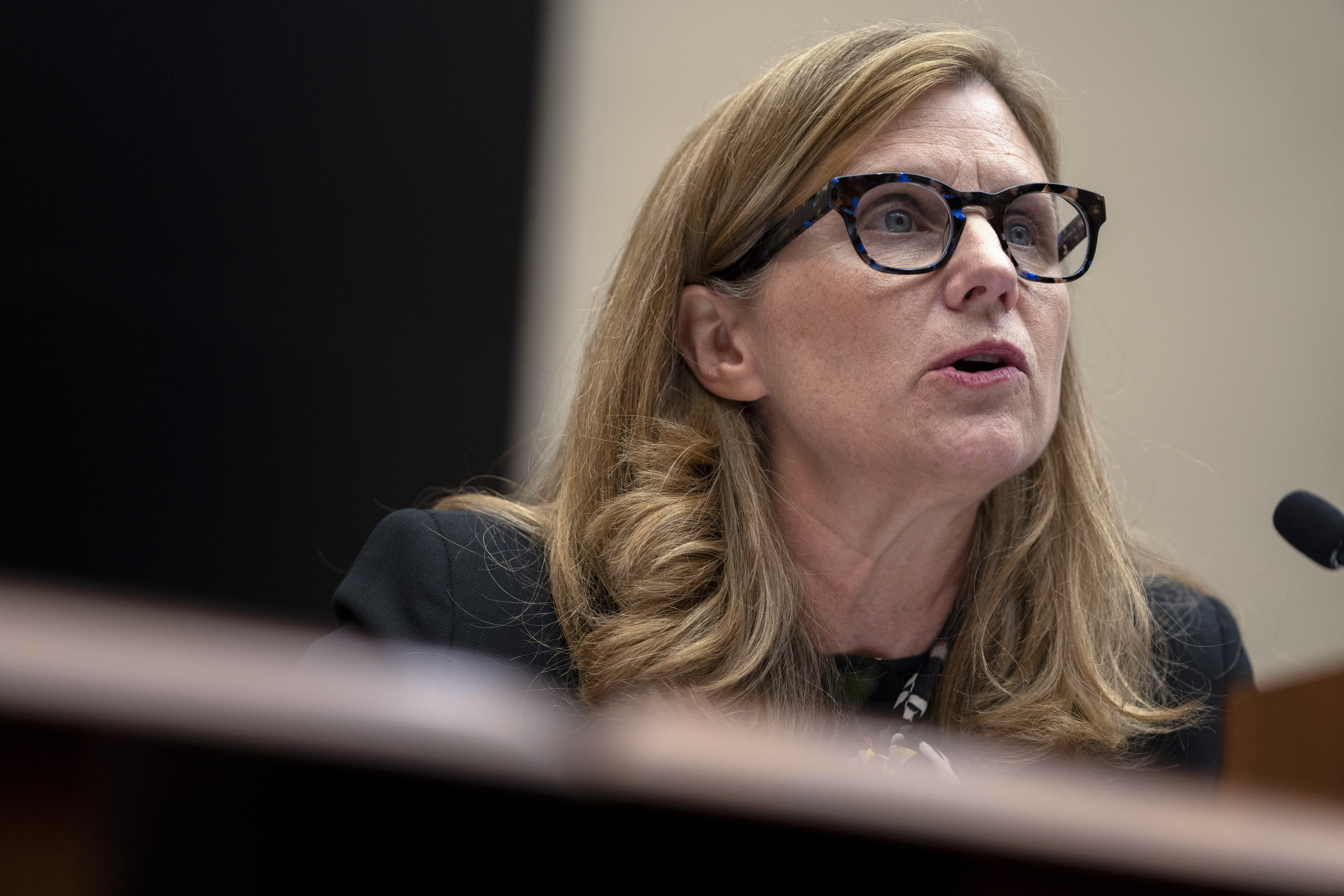Supermarkets face calls to ban plastic for fresh goods
An influential environmental NGO has called for the Government to ban plastic packaging on fruit and vegetable products in a bid to make grocery shopping more environmentally friendly. Waste and Resources Action Programme (Wrap) have called for a ban on packaging for 21 products including apples, carrots and tomatoes to reduce food and plastic waste. [...]


An influential environmental NGO has called for the Government to ban plastic packaging on fruit and vegetable products in a bid to make grocery shopping more environmentally friendly.
Waste and Resources Action Programme (Wrap) have called for a ban on packaging for 21 products including apples, carrots and tomatoes to reduce food and plastic waste.
Rob Percival, head of Policy at the Soil Association, admitted that the process will be “complex”, but he added that “the case for action is now overwhelming”.
The majority of fresh fruit and vegetables in the UK are packed using single-use plastic, with just 19 per cent of fresh produce sold loose – compared with 50 per cent in the EU.
Packaged food also leads to high levels of food waste, with 70 per cent of all food waste in the UK coming from the home, according to WRAP.
WRAP has suggested a phased approach to the ban.
The approach would begin with banning plastic for 21 goods, followed by a total removal of packaging from uncut fresh produce in time.
Wrap said the policy could eliminate 100,000 tonnes of fruit and veg from the bin annually and 13,000 tonnes of single-use plastic film.
Previous attempts to reduce plastic waste
Wrap’s policy proposal is the latest in a long line of attempts to reduce plastic waste in Britain.
Plastic bags were banned in 2015, while microbeads were also banned in 2018 and 2020 saw the restriction of single-use plastic straws and cotton buds.
Despite the success of plastic bags – usage was reduced by 98 per cent between 2018 and 2023 – other policies have had less success, and plastic usage remains high.
The 2018 Wrap-led UK Plastics Pact asked signatories to ensure that half of all fresh products would be sold loose by 2030, but a 2023 progress report found that even at the best-performing supermarket, the proportion of fresh products sold loose was 30 per cent. The worst-performing grocer, Iceland, sold two per cent of products loose.
Separate research from DS Smith, released this week, found that over half of food and drink items in UK supermarkets are unnecessarily packaged in plastic, with 29.8bn avoidable pieces of plastic produced annually across the UK.
Chief executive of DS Smith, Miles Roberts, similarly called on the government to act: “We think Government can and should be more demanding of us all – phasing out certain plastics to help create a level playing field that encourages innovation, investment, and generates healthy competition to replace plastic.”
City AM has contacted Defra for comment.



